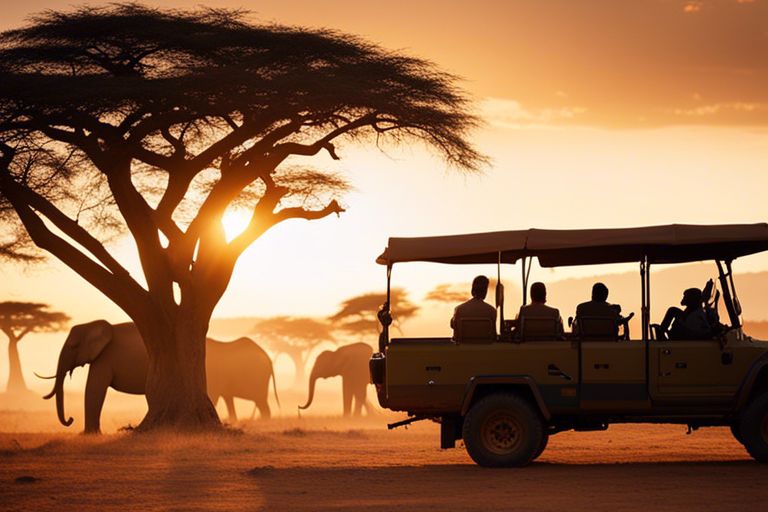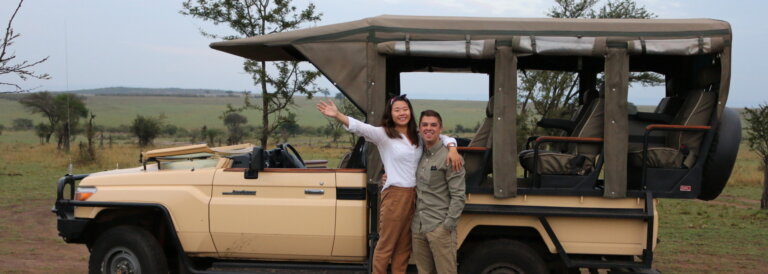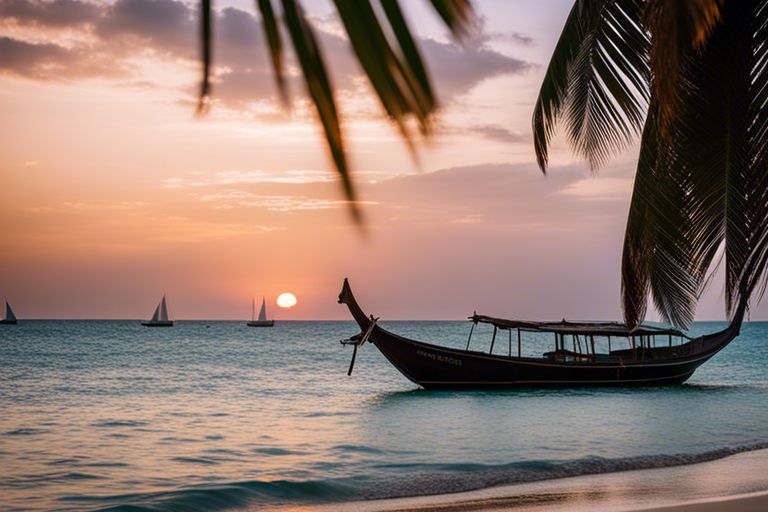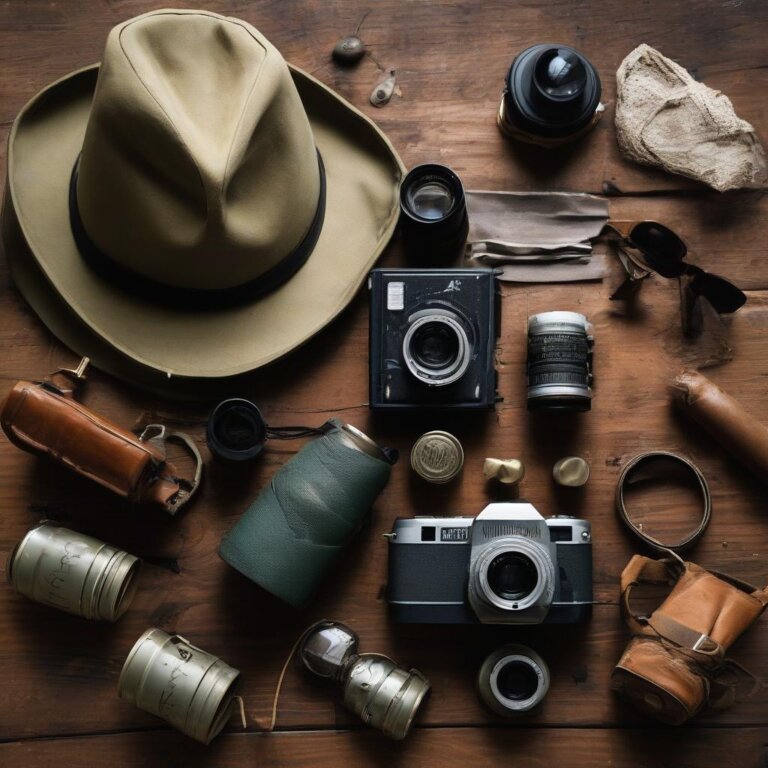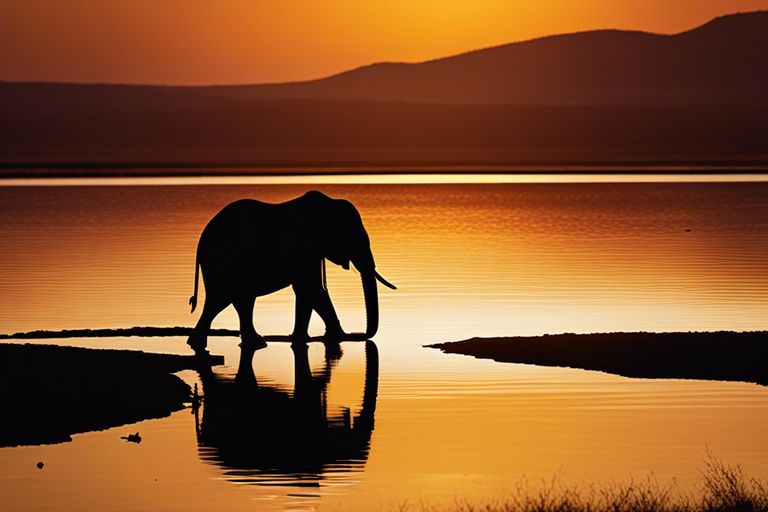Essential Tanzania Travel Tips For An Unforgettable Safari Experience
It’s time to commence on a once-in-a-lifetime adventure and explore the breathtaking landscapes and incredible wildlife of Tanzania. Planning a safari in Tanzania requires careful consideration and preparation to ensure a safe and memorable experience. From selecting the right tour operator to packing vitals for your trip, these vital Tanzania travel tips will help you make the most of your safari adventure and create unforgettable memories that will last a lifetime.
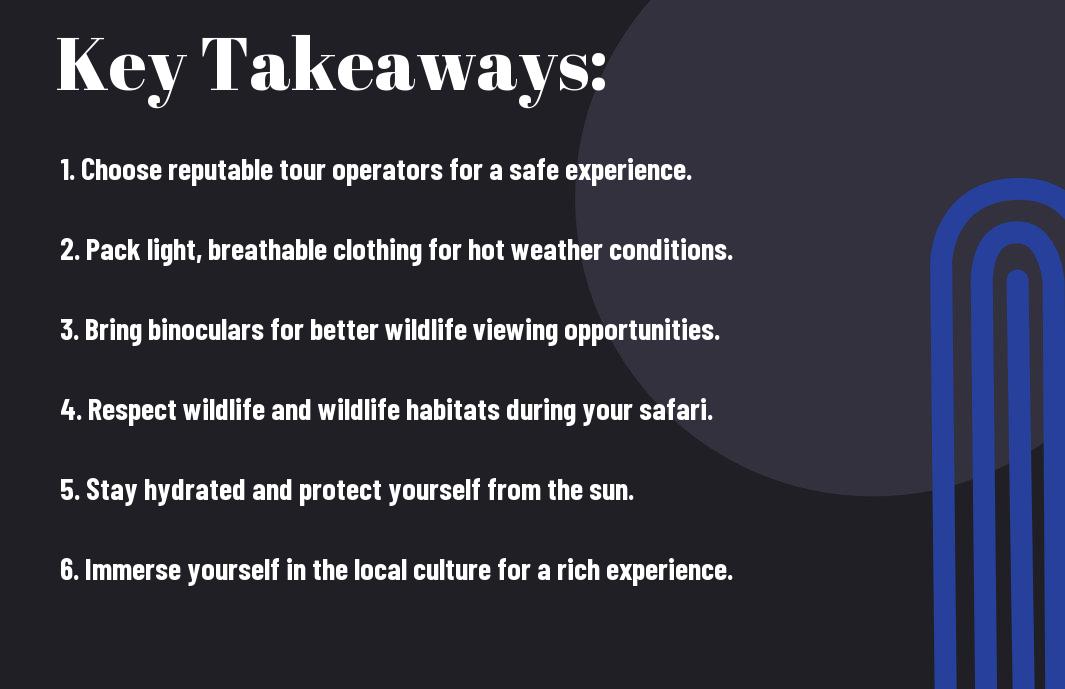
Preparing for Your Safari
Visa and Entry Requirements
Safari travels to Tanzania require a valid visa for most nationalities upon arrival. It’s advisable to check with the Tanzania embassy or consulate in your country to ensure you have the necessary visa documentation. Additionally, a valid passport with at least six months validity from your date of entry is required.
Health and Vaccination Advice
Entry into Tanzania often requires proof of yellow fever vaccination, particularly if you are arriving from a yellow fever endemic country. It is also recommended to consider vaccinations for hepatitis A, typhoid, and malaria. Consult your healthcare provider or a travel health clinic well in advance of your trip to receive the most up-to-date health advice.
What to Pack for a Safari
Safari vitals in Tanzania include lightweight, breathable clothing in neutral colors, a wide-brimmed hat, sturdy walking shoes, sunscreen, insect repellent, and a good pair of binoculars for wildlife viewing. It’s also important to pack any necessary medications, as well as a camera with extra batteries and memory cards to capture your safari memories.
Safari Etiquette and Safety
All Essential Tips for an Unforgettable Safari Experience in Tanzania are crucial to ensure a safe and enjoyable adventure in the wild. Safari etiquette and safety measures play a vital role in maximizing your experience while respecting the environment and wildlife.
Respect for Wildlife and Environment
One of the most important aspects of safari etiquette is to show respect for the wildlife and their natural habitat. Keep a safe distance from animals and never disturb them in their natural environment. Avoid littering and follow the guidelines provided by your guide on how to interact responsibly with the wildlife and ecosystem.
Personal Safety Measures
Measures to ensure personal safety on a safari include listening carefully to the instructions given by your guide. Stay within the vehicle unless instructed otherwise, as wild animals can be dangerous. It is also important to stay quiet and avoid sudden movements to prevent startling the animals. Additionally, remember to stay hydrated, wear appropriate clothing, and follow basic safety protocols to enjoy a safe and unforgettable safari experience.
Choosing the Right Safari Experience
Understanding the Different Types of Safaris
Once again, before begining on a safari adventure in Tanzania, it is crucial to understand the different types of safaris available. From traditional game drives to walking safaris and hot air balloon safaris, each offers a unique experience in the diverse landscapes of Tanzania. To make the most of your safari, choose the type that best aligns with your interests and comfort level. These safari options cater to a wide range of preferences, ensuring a memorable and immersive experience. Thou, selecting the right type of safari can greatly enhance your overall adventure in Tanzania.
| One | Two |
| Game drives | Walking safaris |
| Hot air balloon safaris | Fly-in safaris |
| Cultural safaris | Photographic safaris |
| Adventure safaris | Luxury safaris |
| Family-friendly safaris |
Selecting the Best Time to Visit
To ensure an unforgettable safari experience in Tanzania, it is crucial to select the best time to visit based on your preferences and expectations. Understanding the seasonal changes and wildlife movements can help you plan your safari at the optimal time. Tanzania experiences two main seasons – dry season and wet season – each offering unique advantages for wildlife viewing. By choosing the right time to visit, you can witness the Great Migration in the Serengeti, see newborn animals in the Ndutu region, or enjoy fewer crowds in the off-peak months.
Navigating Cultural Experiences
Interacting with Local Communities
For an enriching and authentic Tanzanian safari experience, interacting with local communities is a must. Engaging with the locals not only offers a glimpse into their way of life but also fosters cross-cultural understanding. Remember to be respectful, open-minded, and curious during these interactions to ensure a meaningful exchange.
Understanding Tanzanian Customs and Traditions
Local customs and traditions play a significant role in Tanzanian society. It is imperative for visitors to familiarize themselves with these practices to show respect and avoid unintentional cultural faux pas. From greetings and dress codes to taboos and rituals, having a basic understanding of Tanzanian customs will enhance your overall travel experience and deepen your connection with the local community.
Communities in Tanzania exhibit rich cultural diversity, with over 120 different ethnic groups coexisting harmoniously. Each group has its own unique traditions, languages, and customs, adding a layer of depth to the country’s cultural tapestry. By immersing yourself in these traditions, you not only gain a deeper appreciation for Tanzania but also contribute to preserving its cultural heritage.
Maximizing Your Safari Adventure
Photography Tips for Capturing Wildlife
Your safari in Tanzania will provide you with incredible opportunities to capture the beauty of the wildlife. Be sure to bring a good quality camera with zoom capabilities to get up close shots of the animals. Remember to be patient and observant, waiting for the perfect moment to snap a photo. Consider the lighting conditions and angles to enhance your photography skills and take stunning shots of the diverse wildlife Tanzania has to offer. The key to great wildlife photography is to be prepared and ready to capture those special moments.
Exploring Beyond the Safari: Tanzania’s Other Attractions
Adventure beyond the safari and explore Tanzania’s other attractions to get a well-rounded experience of this beautiful country. For instance, you can visit the majestic Mt. Kilimanjaro, the highest mountain in Africa, or relax on the stunning beaches of Zanzibar. Explore the vibrant markets and cultural sites in cities like Arusha and Dar es Salaam to immerse yourself in the local Tanzanian way of life. The possibilities are endless, so make sure to plan some extra time to explore beyond the safari.
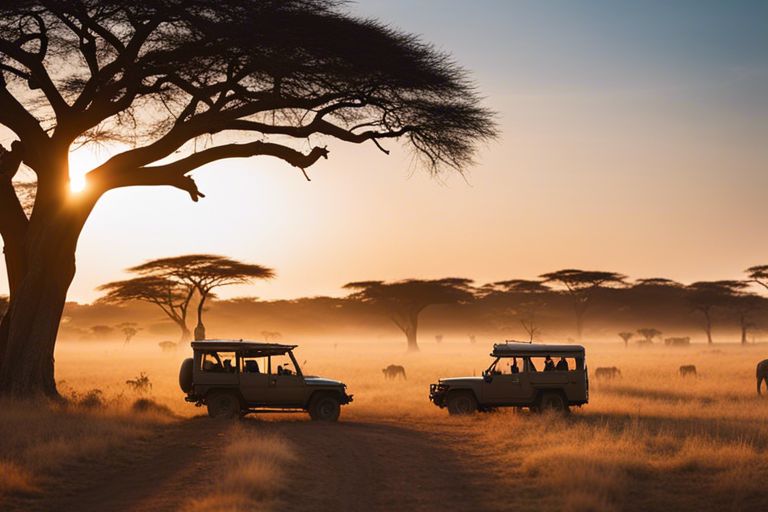
To wrap up
On the whole, when preparing for a safari adventure in Tanzania, remember to pack appropriately for the weather and activities, plan your itinerary with a reputable tour operator, and always respect the wildlife and local communities. By following these crucial Tanzania travel tips, you can ensure that your safari experience is unforgettable and enjoyable. With a bit of preparation and a mindset open to new experiences, you’ll be well on your way to creating lasting memories in this beautiful African country.
FAQ
Q: Why is Tanzania a popular destination for safaris?
A: Tanzania is known for its diverse wildlife, stunning landscapes, and the iconic Serengeti National Park, making it a top choice for safari enthusiasts.
Q: When is the best time to go on a safari in Tanzania?
A: The best time for a safari in Tanzania is during the dry season, from late June to October, when wildlife viewing is at its peak due to the animals gathering around water sources.
Q: What should I pack for a safari in Tanzania?
A: It is necessary to pack lightweight and neutral-colored clothing, sturdy walking shoes, a wide-brimmed hat, sunscreen, insect repellent, binoculars, and a camera with extra batteries and memory cards.
Q: What safety precautions should I take while on safari in Tanzania?
A: Always follow the instructions of your guide, never approach wild animals, keep a safe distance, stay inside the vehicle unless instructed otherwise, and avoid walking alone at night.
Q: What are some cultural etiquette tips for travelers visiting Tanzania?
A: When visiting local communities, it is important to dress modestly, ask for permission before taking photographs, respect local customs and traditions, and greet people with “jambo” (hello) and “asante” (thank you).

